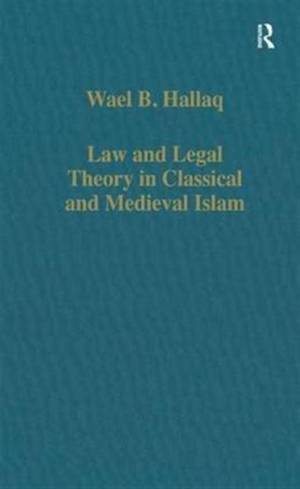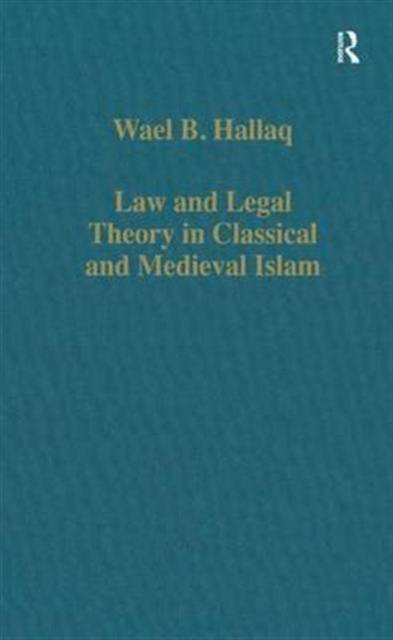
- Afhalen na 1 uur in een winkel met voorraad
- Gratis thuislevering in België vanaf € 30
- Ruim aanbod met 7 miljoen producten
- Afhalen na 1 uur in een winkel met voorraad
- Gratis thuislevering in België vanaf € 30
- Ruim aanbod met 7 miljoen producten
Zoeken
Omschrijving
These studies by Wael Hallaq represent an important contribution to our understanding of the neglected field of medieval Islamic law and legal thought. Spanning the period from the 8th to the 16th centuries, they draw upon a wide range of original sources to offer both fresh interpretations of those sources and a careful evaluation of contemporary scholarship. The first articles expound the interrelated issues of legal reasoning, legal logic and the epistemology of the law. There follows a set of primarily historical studies, which question a series of widely held assumptions, while the last items explore issues of legal theory and methodology. One particular topic concerns the role of Shafi'i as the 'master architect' of Islamic legal theory, and Professor Hallaq would finally argue that this image is in fact false and a creation of later centuries.
Specificaties
Betrokkenen
- Auteur(s):
- Uitgeverij:
Inhoud
- Aantal bladzijden:
- 344
- Taal:
- Engels
- Reeks:
- Reeksnummer:
- nr. 474
Eigenschappen
- Productcode (EAN):
- 9780860784562
- Verschijningsdatum:
- 16/02/1995
- Uitvoering:
- Hardcover
- Formaat:
- Genaaid
- Afmetingen:
- 231 mm x 157 mm
- Gewicht:
- 585 g

Alleen bij Standaard Boekhandel
+ 534 punten op je klantenkaart van Standaard Boekhandel
Beoordelingen
We publiceren alleen reviews die voldoen aan de voorwaarden voor reviews. Bekijk onze voorwaarden voor reviews.












